"It is quite possible that Diakhaby will not be able to play football again"
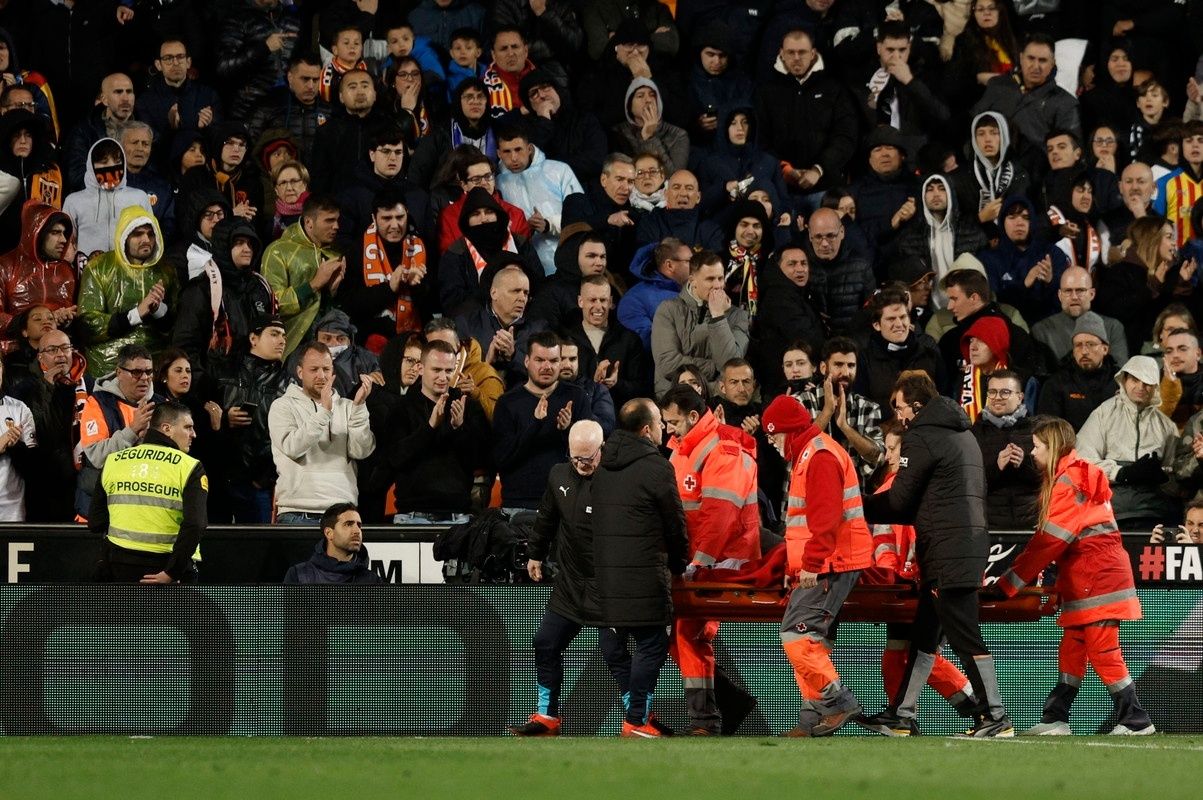
Valencian traumatologist Enrique Gastaldi analysed Diakhaby's very serious injury on 'SER'. He stated that it is the "most serious knee injury that a football player can have" and questioned whether the centre-back will be able to return to professional football.
1 year ago
The match between Valencia and Madrid left us with one of the most horrifying images of recent years in Spanish football. Tchouameni's unfortunate fall on Diakhaby's leg almost completely broke the knee of the 'che' centre-back, who now faces a long and complicated recovery process. Not only to be able to return to the pitch, but also to live a normal life.
According to the club's medical services, the French-Guinean has a "dislocated right knee". In some media, there is rumour that he will be out of action for at least a year. However, Enrique Gastaldi, head of the Instituto de Traumatología Dr Gastaldi Orquin and consultant to the medical services of Valencia and Villarreal, spoke on 'SER Valencia' and assured that Diakhaby should not set himself a deadline.
"The dislocation has taken the anterior cruciate ligament and the posterior cruciate ligament," explained the orthopaedic surgeon, who was surprised by the randomness of what happened and its seriousness: "It's a very rare injury. It is the most serious injury a football player can have in the knee. He has probably torn four or five ligaments, it's a savage injury".
"When the knee is dislocated, the bone comes out of place. And that means breaking the ligaments, which are the anterior cruciate ligament, posterior cruciate ligament, lateral ligament, external ligament.... For the bone to come out, it has to break the ligaments," he continued.
He also warned about the consequences that could have occurred: "You always have to take into account in a knee dislocation that there is no vascular lesion. The popliteal artery comes from behind the knee and passes next to the bone. And when the bone comes out it can tear the artery, the vein... or the nerve. These are very serious injuries from the outset.
For Dr Gastaldi, expectations must be very conservative and go step by step: "With this type of injury, the first thing to look for is for the patient to be able to walk and for there to be no further problems. And we are not talking about less than nine or 12 months off work. With this type of injury, there are no time limits and it may take one or two operations".
Although his statements sound very discouraging, he believes that at the very least Diakhaby will regain normality in his day-to-day life: "When you have a femoral artery injury, your leg is at stake, but you won't have problems walking. However, the traumatologist maintains that "there is a high probability that Diakhaby will not be able to play football again".
According to the club's medical services, the French-Guinean has a "dislocated right knee". In some media, there is rumour that he will be out of action for at least a year. However, Enrique Gastaldi, head of the Instituto de Traumatología Dr Gastaldi Orquin and consultant to the medical services of Valencia and Villarreal, spoke on 'SER Valencia' and assured that Diakhaby should not set himself a deadline.
"The dislocation has taken the anterior cruciate ligament and the posterior cruciate ligament," explained the orthopaedic surgeon, who was surprised by the randomness of what happened and its seriousness: "It's a very rare injury. It is the most serious injury a football player can have in the knee. He has probably torn four or five ligaments, it's a savage injury".
"When the knee is dislocated, the bone comes out of place. And that means breaking the ligaments, which are the anterior cruciate ligament, posterior cruciate ligament, lateral ligament, external ligament.... For the bone to come out, it has to break the ligaments," he continued.
He also warned about the consequences that could have occurred: "You always have to take into account in a knee dislocation that there is no vascular lesion. The popliteal artery comes from behind the knee and passes next to the bone. And when the bone comes out it can tear the artery, the vein... or the nerve. These are very serious injuries from the outset.
For Dr Gastaldi, expectations must be very conservative and go step by step: "With this type of injury, the first thing to look for is for the patient to be able to walk and for there to be no further problems. And we are not talking about less than nine or 12 months off work. With this type of injury, there are no time limits and it may take one or two operations".
Although his statements sound very discouraging, he believes that at the very least Diakhaby will regain normality in his day-to-day life: "When you have a femoral artery injury, your leg is at stake, but you won't have problems walking. However, the traumatologist maintains that "there is a high probability that Diakhaby will not be able to play football again".

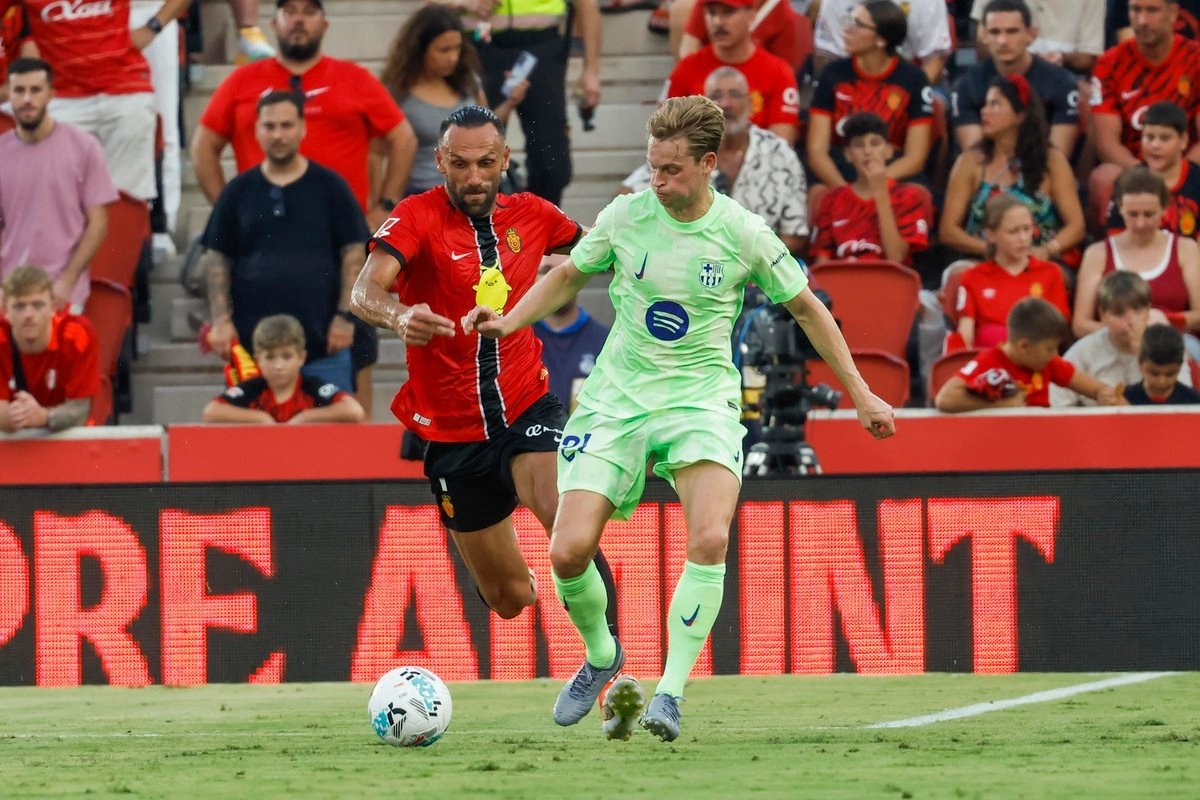
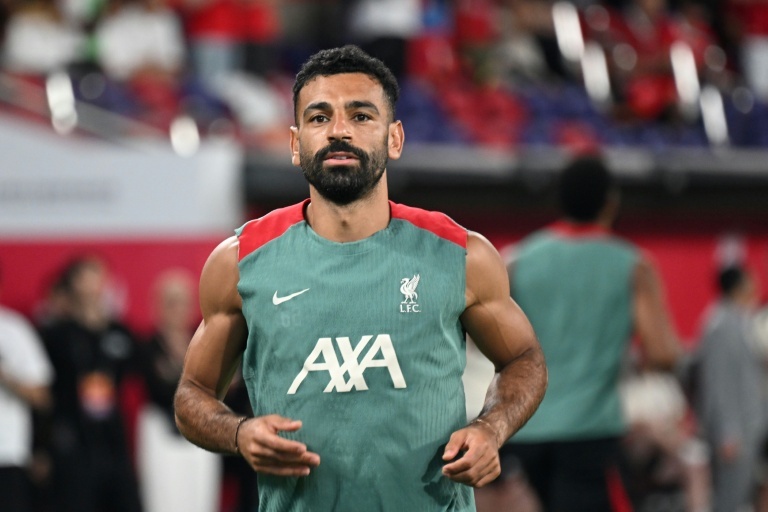
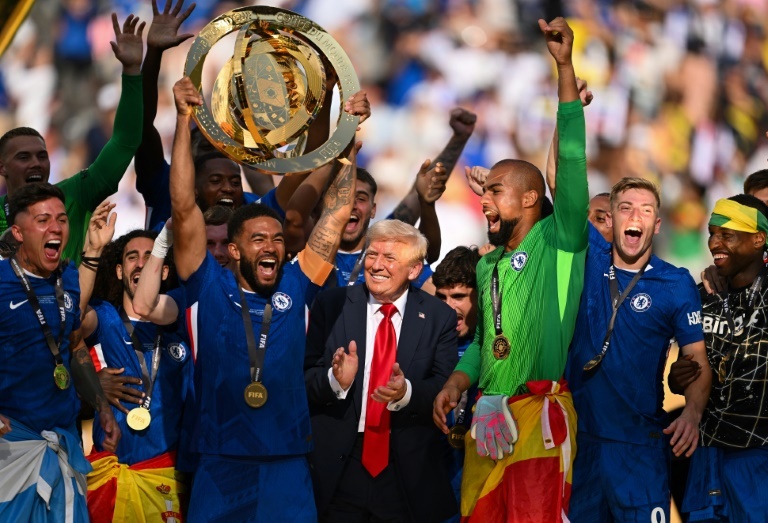
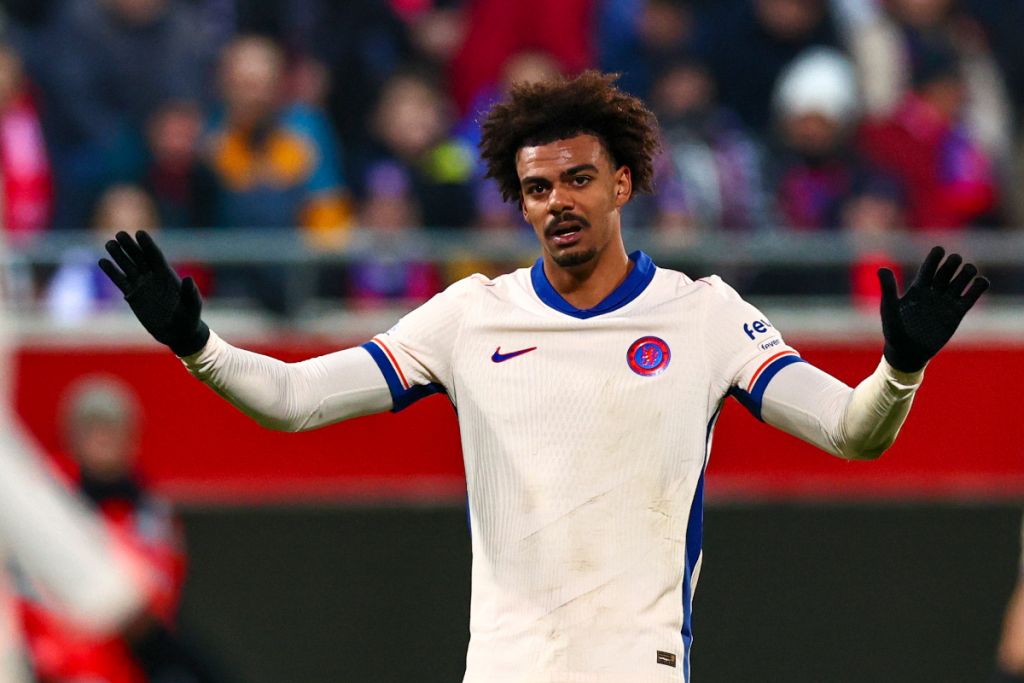
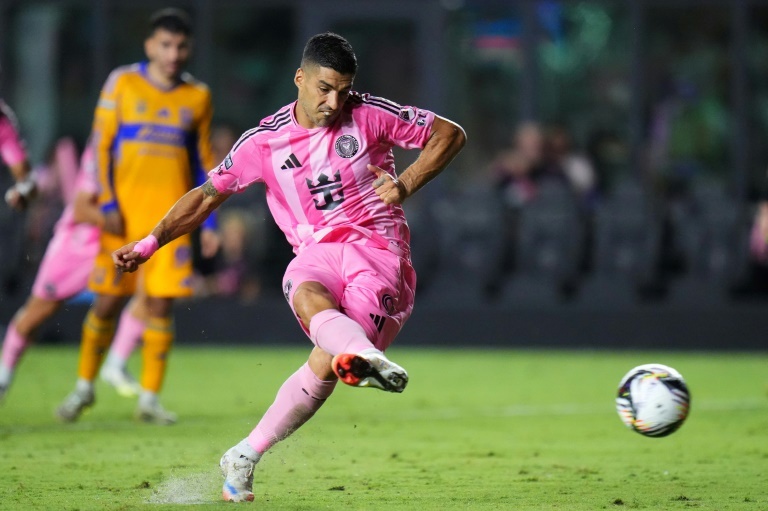
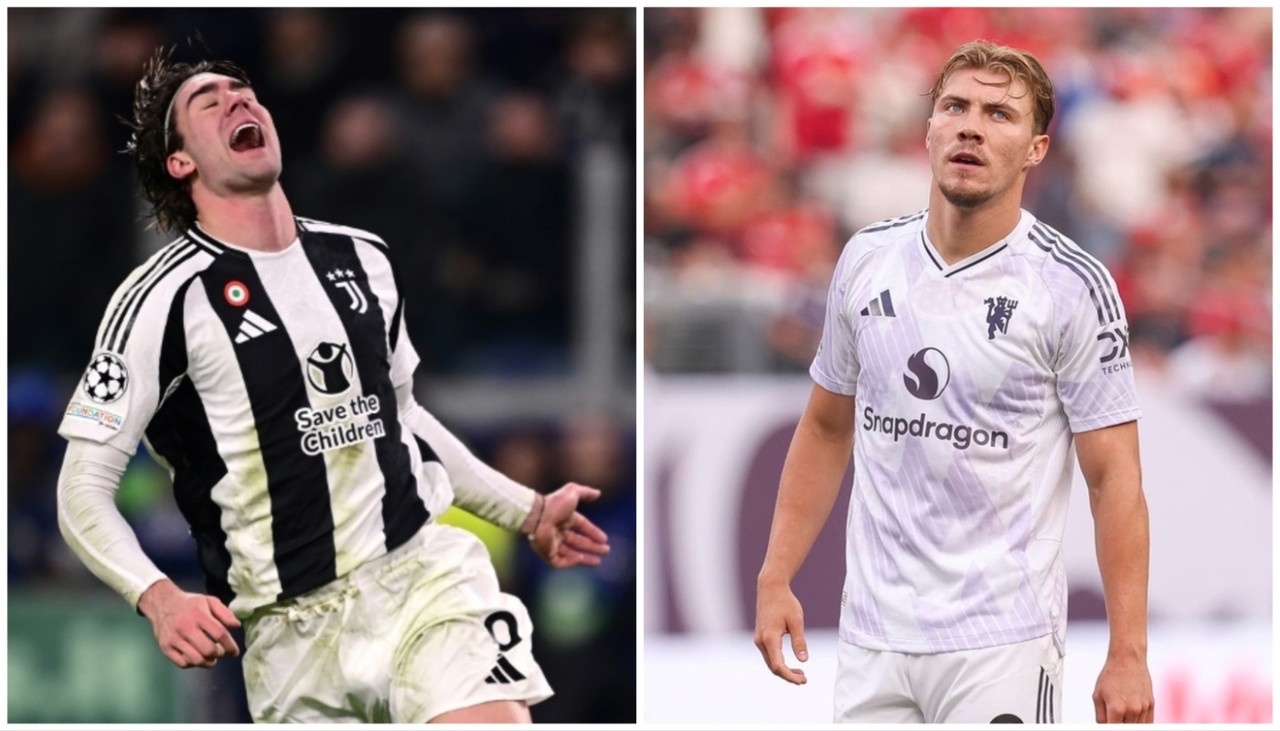
Comments